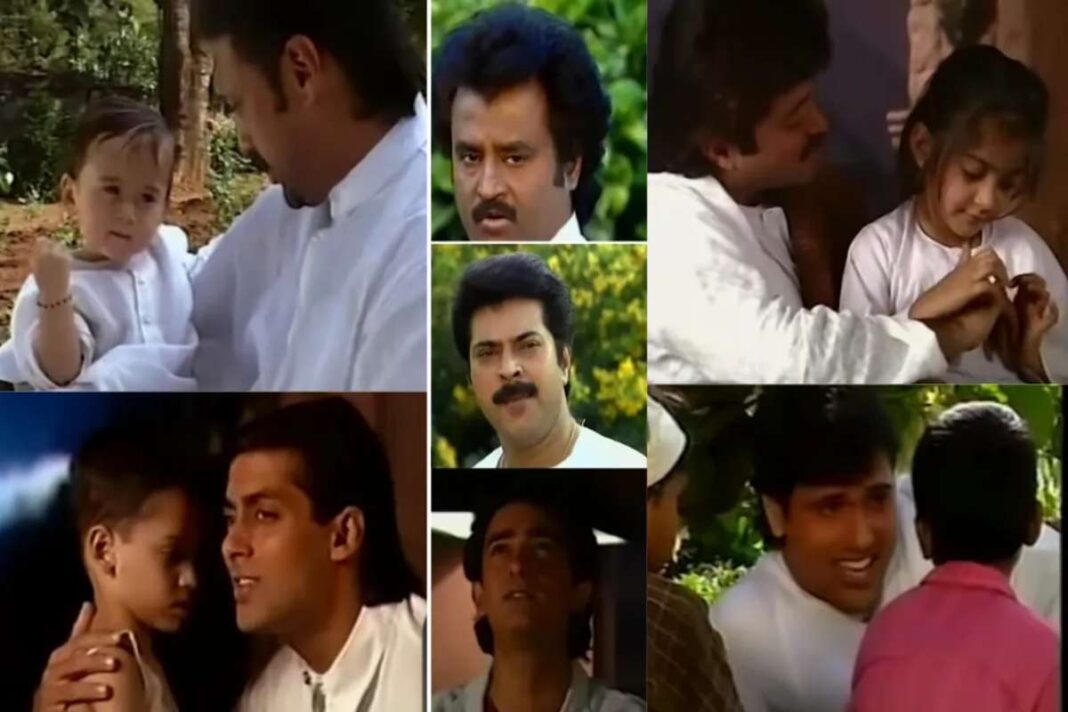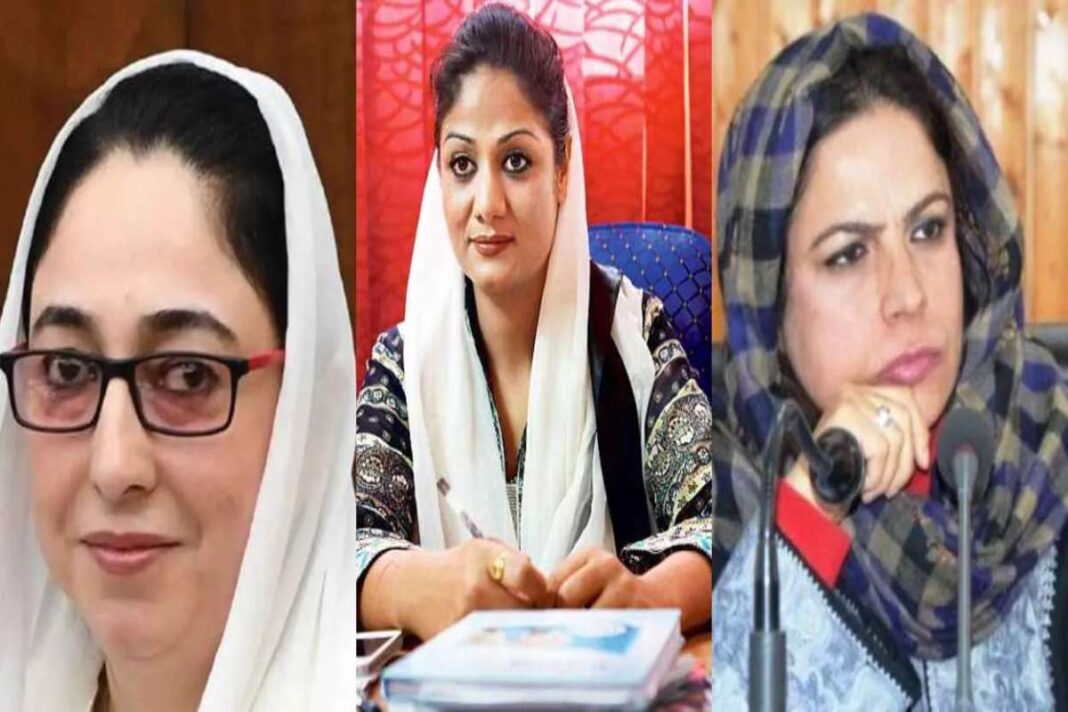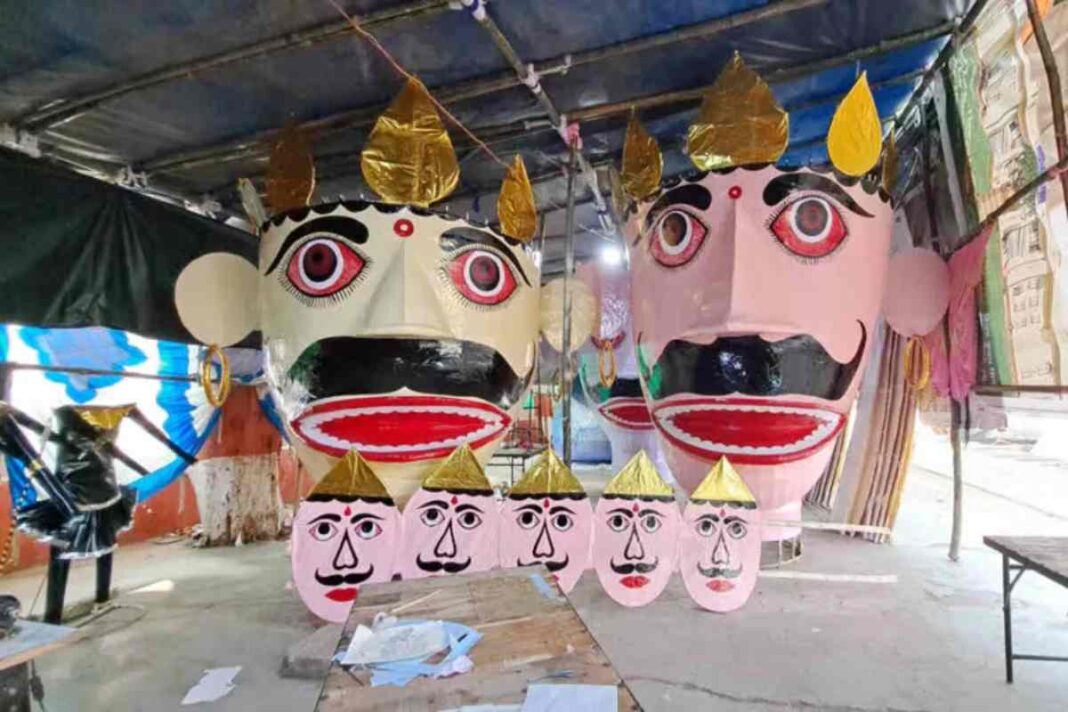In the turbulent times of 1993, India was plagued by Hindu-Muslim riots, police firings, and bombings, with the backdrop of the Ram Janmabhumi Movement and the subsequent Babri Masjid demolition. Amid this chaos, the government turned to Bollywood filmmaker Subhash Ghai, seeking the film fraternity’s assistance in quelling the flames of communalism. Ghai recognized this as an opportunity for the film industry to contribute to peace and unity. He approached renowned lyricist Javed Akhtar, and together, they embarked on a mission to create a song that would promote national integration.
The Birth of ‘Pyara Bharat Yeh Kahe’
Laxmikant Pyarelal was enlisted to compose the music, and the result was a song that would be televised on Doordarshan three weeks after the tragic Bombay Bomb Blasts. This anthem, titled “Pyara Bharat Yeh Kahe” (Beloved India tells this), ran for 200 seconds, carrying a powerful message of unity and love for the nation.
The Impact on India
While it’s challenging to quantify this song’s precise impact, it undeniably played a significant role in promoting unity and peace in India. Following 1993, there was a remarkable decline in rioting incidents nationwide. India remained riot-free for the next decade, and one can’t help but attribute this, at least in part, to the regular broadcast of this inspirational anthem on Doordarshan.
In conclusion, “Pyara Bharat Yeh Kahe” stands as a powerful testament to the ability of music and film to unite a nation torn by communal strife. It reminded us of the shared values and love for the motherland that bind us all. This remarkable collaboration of artists, devoid of any financial gain, profoundly impacted the nation’s psyche, fostering unity and peace in a discord.
For a detailed story, please visit: Awaz the voice
Also Read: India’s Global Leadership: G-20 and Development
You can connect with DNN24 on Facebook, Twitter, and Instagram and subscribe to our YouTube channel.



